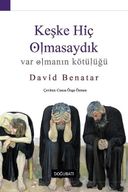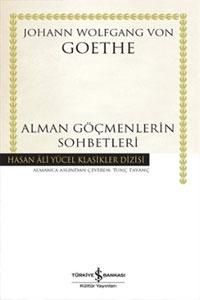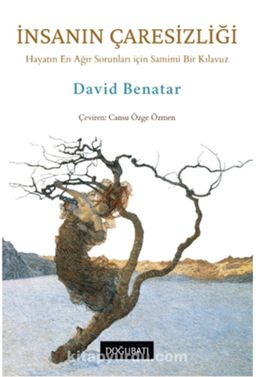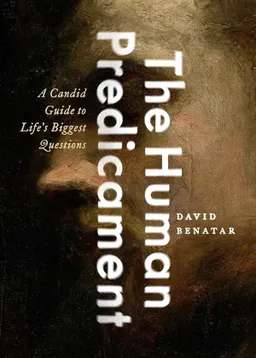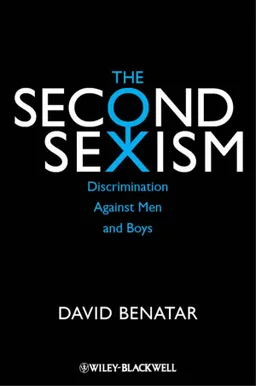Better Never to Have Been Hakkında
Better Never to Have Been konusu, istatistikler, fiyatları ve daha fazlası burada.Hakkında
Most people believe that they were either benefited or at least not harmed by being brought into existence. Thus, if they ever do reflect on whether they should bring others into existence---rather than having children without even thinking about whether they should---they presume that they do them no harm. Better Never to Have Been challenges these assumptions. David Benatar argues that coming into existence is always a serious harm. Although the good things in one's life make one's life go better than it otherwise would have gone, one could not have been deprived by their absence if one had not existed. Those who never exist cannot be deprived. However, by coming into existence one does suffer quite serious harms that could not have befallen one had one not come into existence. Drawing on the relevant psychological literature, the author shows that there are a number of well-documented features of human psychology that explain why people systematically overestimate the quality of their lives and why they are thus resistant to the suggestion that they were seriously harmed by being brought into existence. The author then argues for the 'anti-natal' view---that it is always wrong to have children---and he shows that combining the anti-natal view with common pro-choice views about foetal moral status yield a "pro-death" view about abortion (at the earlier stages of gestation). Anti-natalism also implies that it would be better if humanity became extinct. Although counter-intuitive for many, that implication is defended, not least by showing that it solves many conundrums of moral theory about population.
Yazar: David Benatar
Tahmini Okuma Süresi: 6 sa. 43 dk.Sayfa Sayısı: 237Basım Tarihi: Eylül 2008Yayınevi: Oxford University PressISBN: 9780199549269Ülke: United States of AmericaDil: EnglishFormat: Karton kapak
Türler:
Kitap İstatistikleri
Bütün istatistikler
Bu basımın istatistikleri
Kitabın okur profili
Kadın% 48.1
Erkek% 51.9
0-12 Yaş
13-17 Yaş
18-24 Yaş
25-34 Yaş
35-44 Yaş
45-54 Yaş
55-64 Yaş
65+ Yaş
Yazar Hakkında
David BenatarYazar · 3 kitap
Cape Town Üniversitesi’nde felsefe profesörüdür. En ünlü eseri olan Keşke Hiç Olmasaydık: Var Olmanın Kötülüğü (2006) dışında bazı eserleri The Second Sexism: Discrimination Against Men and Boys (2012), David Wasserman ile beraber yazdığı Debating Procreation: Is it Wrong to Reproduce? (2015) ve The Human Predicament: A Candid Guide to Life’s Biggest Questions (2017)’dır. Keşke Hiç Olmasaydık: Var Olmanın Kötülüğü, Benatar’ın Türkçeye çevrilen ilk eseridir. David Benatar, dünyaya gelmenin her zaman beraberinde ciddi bir zarar getirdiğine inanır. İnsanın hayatındaki “iyi şeyler”, hayatının nispeten iyi geçmesini sağlasa da, insan dünyaya gelmediği takdirde bu “iyi şeyler”den zaten mahrum kalmayacaktır. Yazar “üreme karşıtı” (anti-natalist) görüşü savunur –çocuk yapmanın her zaman yanlış olduğunu– ve üreme karşıtı görüşle, fetüsün ahlâki statüsüyle ilgili olan kürtaj hakkı yanlısı görüşü birleştirerek kürtaj hakkında “ölüm yanlısı” (gebeliğin erken dönemlerinde) görüşten yanadır. Üreme karşıtlığı aynı zamanda insanlığın soyunun tükenmesini de getirecektir. Çoğu insan için içgüdülere ve sezgilere aykırı olsa da yazar, vardığı sonucu nüfusla ilgili birçok ahlâk kuramı açmazını çözümleyerek sunar. Aynı zamanda vegan olan Benatar, veganizm konusundaki tartışmalara da katkıda bulunmuştur.
